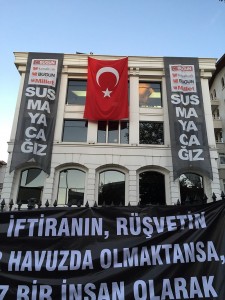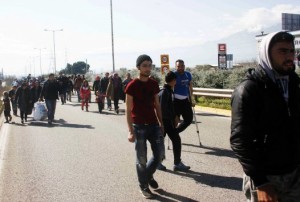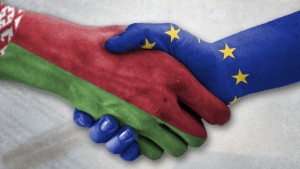By Kate Cyr
 Istanbul’s 2013 Gezi Park protests unearthed muddy tales of corruption, bias, and authoritarianism that powerful conglomerates and the ruling Justice and Development Party (AKP) would have preferred buried indefinitely. The government received global scrutiny as anyone from students to grandmothers gathered in the streets to demonstrate against the AKP’s increasingly undemocratic actions, including silencing the press.
Istanbul’s 2013 Gezi Park protests unearthed muddy tales of corruption, bias, and authoritarianism that powerful conglomerates and the ruling Justice and Development Party (AKP) would have preferred buried indefinitely. The government received global scrutiny as anyone from students to grandmothers gathered in the streets to demonstrate against the AKP’s increasingly undemocratic actions, including silencing the press.
In the years since, the Syrian crisis, President Recep Tayyip Erdoğan’s strong-handed foreign policy, and religious issues have dominated coverage of Turkey abroad – leaving important issues like press freedom and related human rights violations once again shrouded in silence. Yet the political biases of Turkish media deserve scrutiny by Turkish and international audiences alike. Amidst the crises of the region, misreporting and bias convolutes the information reaching the public and can have very real implications for the understanding and response to various issues. The stories of daily paper Sabah and the press treatment of the Kurdish minority both offer warnings of the damage Turkey’s biased press machinery can cause.
Sabah, a daily newspaper founded in 1985, is telling of the complex and often hidden ways in which press freedom is stifled in Turkey – and just how deeply corporate and government meddling runs in the industry. After displeasing government officials in 2007, the paper was seized over an alleged misfiling of merger and acquisition paperwork six years before. The state sold the daily to a company owned by then-Prime Minister Erdoğan’s son-in-law using state-subsidized funds, allowing the government to effectively control Sabah’s content.











